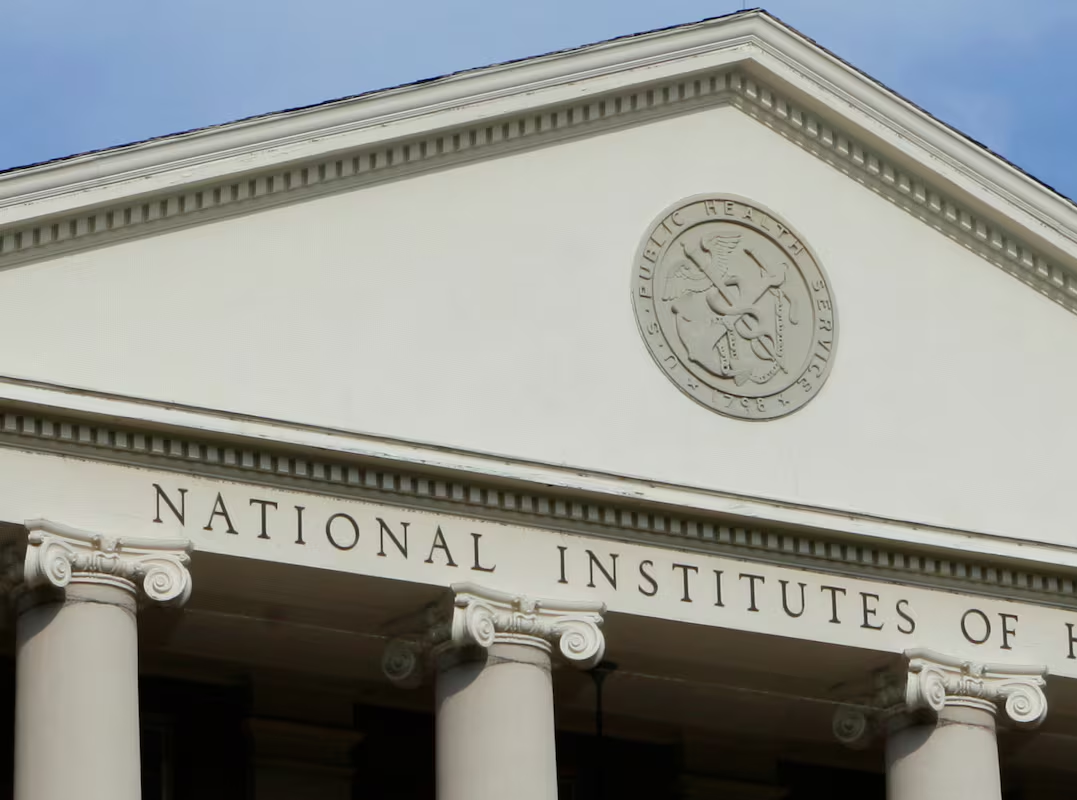This is an excerpt of an article from STAT, the health and medicine news site that’s a partner to the Globe. For a full version of this story and related coverage, visit STAT.
A flurry of scientific gatherings and panels across federal science agencies were canceled on Wednesday, at a time of heightened sensitivity about how the Trump administration will shift the agencies’ policies and day-to-day affairs.
Several meetings of National Institutes of Health study sections, which review applications for fellowships and grants, were canceled without being rescheduled, according to agency notices reviewed by STAT. A Feb. 20-21 meeting of the National Vaccine Advisory Committee, a panel that advises the leadership of the Department of Health and Human Services on vaccine policy, was also canceled. So was a meeting of the Presidential Advisory Council for Combating Antibiotic-Resistant Bacteria that was scheduled for Jan. 28 and 29.
The scope of the cancellations was unclear. It was also unclear whether they were related to the Trump administration’s freeze on external communications until Feb. 1.
“Peer review via study sections is required by law in order for the NIH to disburse most of the $40 billion annual extramural budget,” said Norman E. Sharpless, a former director of the National Cancer Institute. “If study sections and advisory council meetings are postponed for more than even a brief period, this will likely lead to interruptions in grant funding, which is bad for U.S. biomedical research.”
An NIH spokesperson did not answer questions about study section cancellations, but provided a general statement. “HHS has issued a pause on mass communications and public appearances that are not directly related to emergencies or critical to preserving health,” said the spokesperson. “This is a short pause to allow the new team to set up a process for review and prioritization. There are exceptions for announcements that HHS divisions believe are mission critical, but they will be made on a case-by-case basis.”
Any prolonged pause of the NIH’s study sections could result in funding delays for scientific labs awaiting approval of their work.
It’s expected that an incoming administration would pause activities by federal agencies to get their appointees in place. But the pause could lead to fallout down the line, said Carrie Wolinetz, chair of Health Bioscience Innovations at Lewis-Burke and a former senior adviser at the NIH. ”Anything that disrupts study sections for a period of time, from government shutdowns to major weather events, can backlog and slow down the whole system, especially since study section members tend to be busy people who can be hard to schedule. Virtual study sections make it easier, but it can be disruptive,” she said.
“This is super stressful because of the uncertainty of not knowing how long these cancellations be in effect. If study sections don’t meet on time, then that could delay grants being distributed, which affects the ability of labs to pay their students and postdocs and staff. In some cases, if there was a gap in funding, it could result in someone either not being hired at all or having to be laid off,” said Rebecca Pompano, a chemical engineer at the University of Virginia whose training session for a study section on Wednesday was canceled 20 minutes before it was scheduled to start.
“With [government] shutdowns, we all know eventually it will reopen, and so it’s always seen as temporary,” Pompano said. “But this one is more stressful because there’s been a lot of talk from [Robert F. Kennedy Jr.] about overhauling the NIH extensively.”
The story continues on statnews.com


